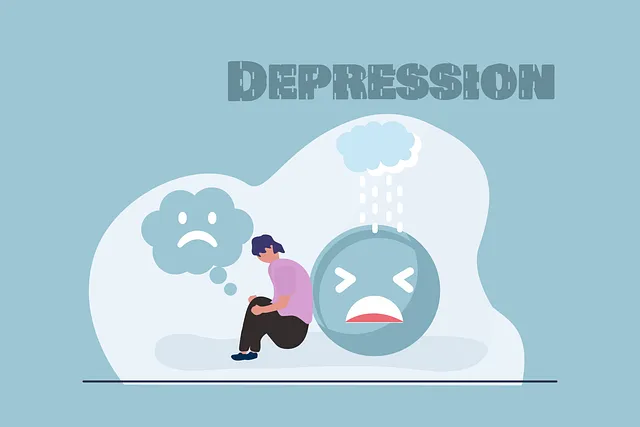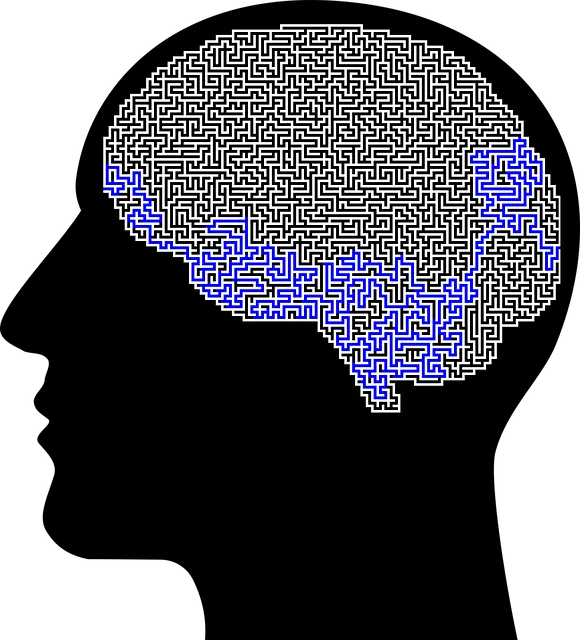Kaiser Permanente's comprehensive evaluation of its Superior Kaiser Permanente mental health coverage is vital for meeting diverse mental wellness needs. This process systematically assesses program effectiveness through various metrics, including participation rates, client satisfaction, and clinical outcomes. By combining standardized assessments, provider training in cultural sensitivity and burnout prevention, and strategic risk management (like the Mental Wellness Podcast Series), they ensure tailored care for all patients. Their multi-faceted evaluation approach, utilizing surveys, interviews, and outcome measures, drives continuous improvement, enhancing service delivery and ultimately improving client well-being.
Mental wellness program evaluation is a critical component in understanding and improving community well-being, especially under comprehensive initiatives like Superior Kaiser Permanente mental health coverage. This article delves into the methodologies behind evaluating such programs, focusing on measuring impact and optimizing processes. We explore strategies used to assess the effectiveness of Kaiser Permanente’s mental health services, highlighting best practices that can guide other organizations in enhancing their own mental wellness initiatives.
- Understanding Mental Wellness Program Evaluation
- Measuring the Impact of Kaiser Permanente's Mental Health Coverage
- Optimizing and Enhancing the Evaluation Process
Understanding Mental Wellness Program Evaluation

Mental wellness program evaluation is a crucial process that measures the effectiveness and impact of interventions designed to promote mental health and well-being among individuals, groups, or communities. It involves systematically assessing various aspects of a mental health program, including its design, implementation, outcomes, and sustainability. By understanding the nuances of this evaluation, healthcare organizations like Kaiser Permanente can ensure their superior mental health coverage meets the diverse needs of their populations. This includes examining participation rates, client satisfaction, clinical outcomes, and cost-effectiveness to inform program enhancements and improvements.
Furthermore, evaluating mental wellness programs enables the identification of effective burnout prevention strategies for healthcare providers, resilience-building initiatives, and cultural competency training. These aspects are essential in the ever-demanding healthcare landscape, where providers must navigate complex patient needs while maintaining their own well-being. Effective evaluation methods facilitate continuous improvement, ensuring that mental health services remain responsive, accessible, and aligned with evidence-based practices.
Measuring the Impact of Kaiser Permanente's Mental Health Coverage

Evaluating the impact of Kaiser Permanente’s mental health coverage is a multifaceted process that goes beyond mere numbers. The superior Kaiser Permanente mental health coverage aims to address a wide range of issues, from improving access to care to enhancing the quality of services. One key measure is the reduction in symptoms of mental health disorders among its members. Through regular assessments using standardized tools like the PHQ-9 (Patient Health Questionnaire) and GAD-7 (Generalized Anxiety Disorder 7-item scale), Kaiser Permanente can track improvements in depression, anxiety, and other common mental health issues.
Beyond individual outcomes, the program’s success is also gauged by its ability to foster social skills training and cultural sensitivity in mental healthcare practice. By promoting inclusive practices, the coverage ensures that diverse populations receive tailored care. Additionally, burnout prevention strategies for healthcare providers are integral to the evaluation. Monitoring provider satisfaction, stress levels, and retention rates provides insights into the program’s overall effectiveness in supporting mental wellness among both patients and practitioners.
Optimizing and Enhancing the Evaluation Process

Evaluating mental wellness programs is a multifaceted process that requires careful optimization to ensure effectiveness and quality. At Kaiser Permanente, their superior mental health coverage emphasizes evidence-based practices and continuous improvement. By integrating diverse evaluation methods, such as surveys, interviews, and outcome measures, mental health professionals can gain comprehensive insights into program impact. This holistic approach allows for tailored adjustments and strategic planning, addressing specific client needs and enhancing overall care delivery.
Furthermore, effective risk management planning is integral to this process. Mental health professionals should employ strategies that mitigate potential risks while fostering a safe environment. The production of a Mental Wellness Podcast Series can be an innovative way to engage clients and communities in discussions around mental wellness. Topics like anxiety relief can be explored, providing valuable resources and support. This multifaceted evaluation approach ensures that programs are not only meeting but exceeding expectations, ultimately benefiting the well-being of those seeking mental health services.
Evaluating mental wellness programs is crucial for ensuring their effectiveness, especially in initiatives like Kaiser Permanente’s superior mental health coverage. By utilizing robust evaluation methods, we can measure the impact and identify areas for improvement. Through this process, we not only optimize existing programs but also enhance overall mental wellness outcomes, ultimately fostering a healthier and more supportive environment for all.





